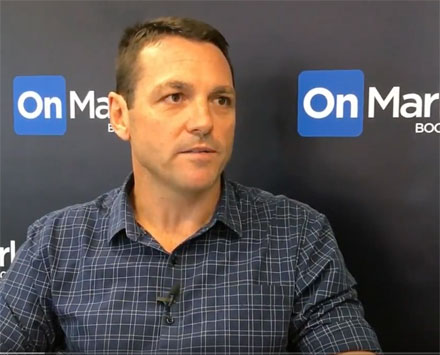Big River Industries has announced its Forest Hill mill will be closing, cutting 50 jobs as they consolidate operations at their home base in Grafton, NSW. The closure is a sign of the times for local timber, with the plantations devastated by last summer’s fires. Source: Timberbiz
“Some relocation opportunities to Grafton will be offered, as staff numbers will increase there by around 20 positions as the project develops,” read an official statement from Big River to the Australian Stock Exchange.
“Our eventual exit from manufacturing at Wagga Wagga will also free up log resources to help sustain several other timber processors in that region.”
Peter Crowe, Chairman of the Softwoods Working Group, said the industry is continuing to wrestle with the short timeframe to process burnt logs and anticipate the changes which will come once those logs are gone.
“The industry in general will suffer a major downturn because of the resource loss, SWG has been saying that since day one,” he said.
“At the moment, the salvage operation is still running, and both the growers and the processors are endeavouring to salvage as much wood as possible before the wood quality deteriorates to the point it can no longer be utilised. We’d expect that to be some time after Christmas, sometime early in the new year.”
Mr Crowe said at that time, the growers and processors will have to announce some decisions about “what the new allocations will look like and what the start date for those new allocations will be.”
SWG is predicting that the forestry won’t be back to its pre-fire capacity for another generation. Mr Crowe said the recent funding package from the government, titled ‘Bushfire Local Economic Recovery’ (BLER) funding, will be a great help.
“I think everybody’s pretty happy with the industry support package to Visy, AKD and Hyne,” he said.
“That’s been pretty well targeted, and I don’t think we would have got into such a favourable position without the Deputy Premier taking a deep interest in forestry and being well and truly acquainted with what goes on in the SVC and the Southwest Slopes generally.
“In my view, the program has been well targeted and its delivery through the department has been excellent.”
Mr Crowe said that while there have been some organisations which were disappointed to miss out on BLER funding, “by and large, it’s been generally received right across the SVC on the forestry front.”
SWG said the funding will support the industry’s biggest players and secure the greatest number of jobs possible as the plantations recover.
“We won’t be up to full steam again for 30 years. We’ll steadily increase over time, but we won’t get up to full saw log capacity such as we were before the fires until we start on a new rotation and one rotation is actually completed, which is 30-odd years,” he said.






